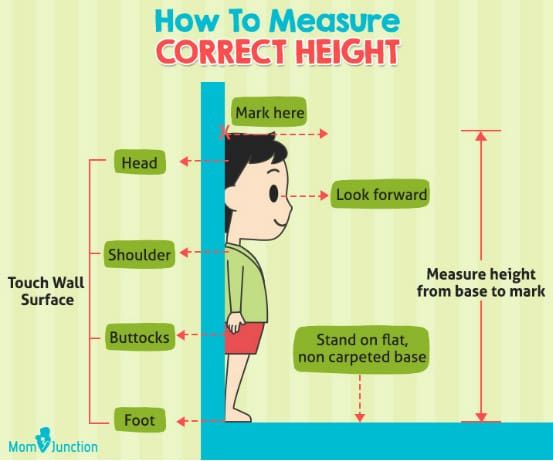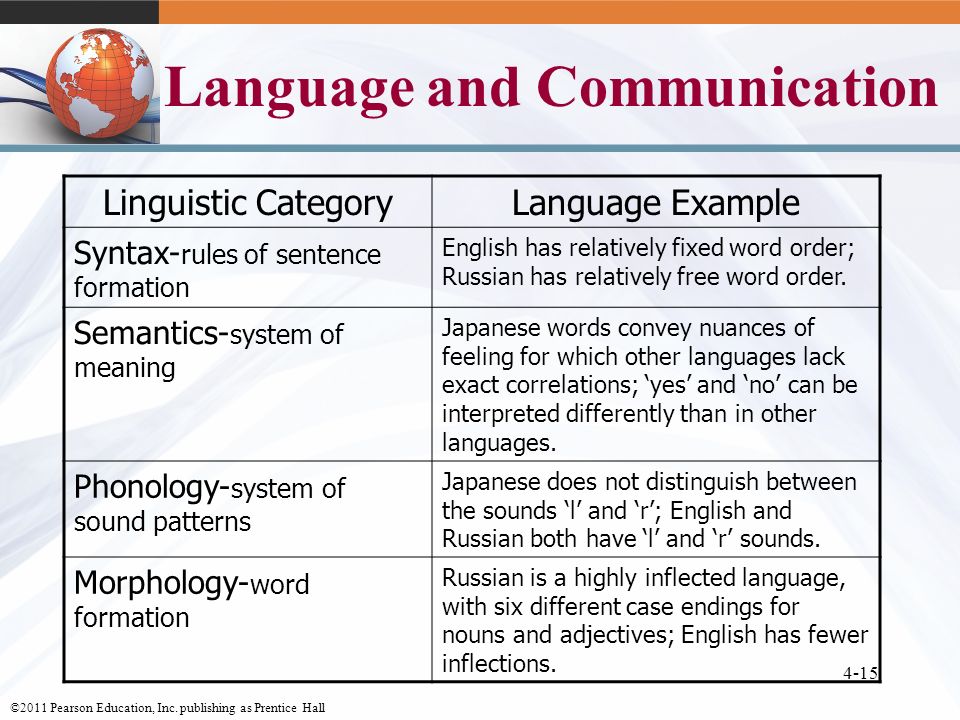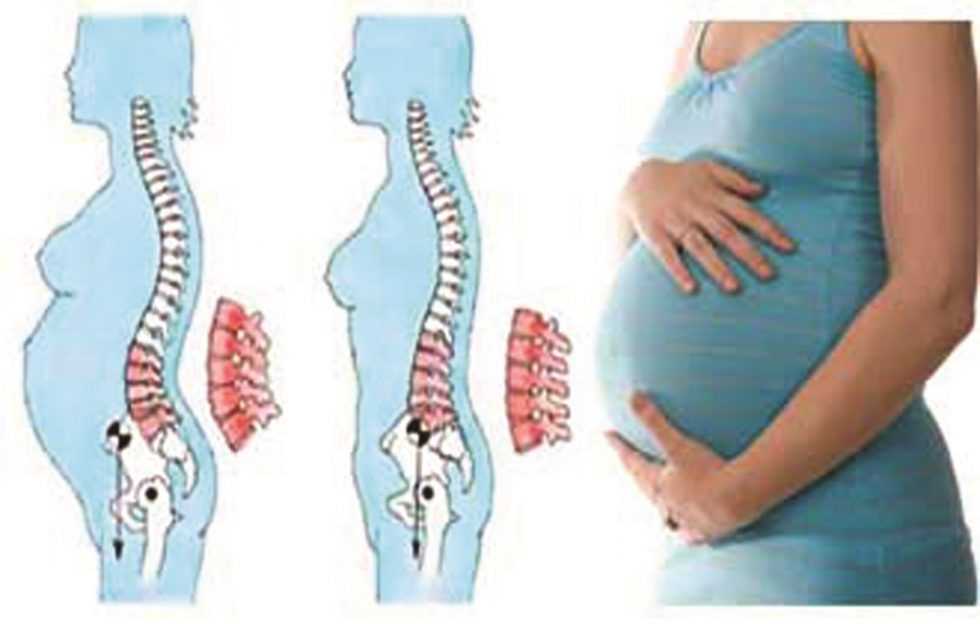How to get your child emancipated
Emancipation of Minors | How to Get Emancipated
A minor who is "emancipated" assumes most adult responsibilities before reaching the age of majority (usually 18). The law doesn't consider emancipated minors to be under the care and control of parents. Instead, they take responsibility for their own care. Read on to learn about how a young person can reach emancipation and the kinds of responsibilities and liabilities that come with it.
What Is Emancipation?Usually, parents or legal guardians are responsible for children who haven't reached the age of majority. This age varies from state to state, but it's usually 18 or 19 (it's 21 in Puerto Rico). Until a child has reached the age of majority, the law expects parents to provide them with shelter, food, and clothing. Parents can also decide where their children will live and go to school and choose what medical care their children will receive.
Once a young person becomes emancipated, the parent or guardian no longer has any say over the minor's life. An emancipated minor can keep earnings from a job, decide where to live, make medical decisions, and more.
Essentially, an emancipated minor functions as an adult in society. Although specific rights vary somewhat from state to state, usually an emancipated minor can:
- enter into legally binding contracts, including real estate purchases or apartment rentals
- live apart from parents
- enroll in school
- sue or be sued in court
- apply for a work permit and keep any income earned from a job, and
- make healthcare decisions, including choices related to abortion and birth control.
Most states place some limits on what an emancipated minor can do. For example, many states don't allow emancipated minors to:
- get married without parental consent
- quit school
- buy or drink alcohol, or
- vote or get a driver's license (before the legal age at which they would ordinarily be able to do so).

Eligibility can vary depending on state laws, but usually, minors can obtain emancipation from parents or legal guardians by:
- getting married
- joining the military, or
- obtaining a court's permission.
A few states and territories (like Louisiana and Puerto Rico) allow a fourth form of limited emancipation that requires only parental consent, not the court's permission.
Emancipation by marriage. In most states, minors automatically achieve emancipation once they get married. But to get married, minors must comply with state marriage requirements. States set a minimum age for marriage and often require minors to get parental consent or court approval before getting married. For example, to get married in California, a minor must 1) be at least 14 years old, 2) be accompanied by a parent or legal guardian, and 3) appear before the court. (Cal. Fam. Code § 302.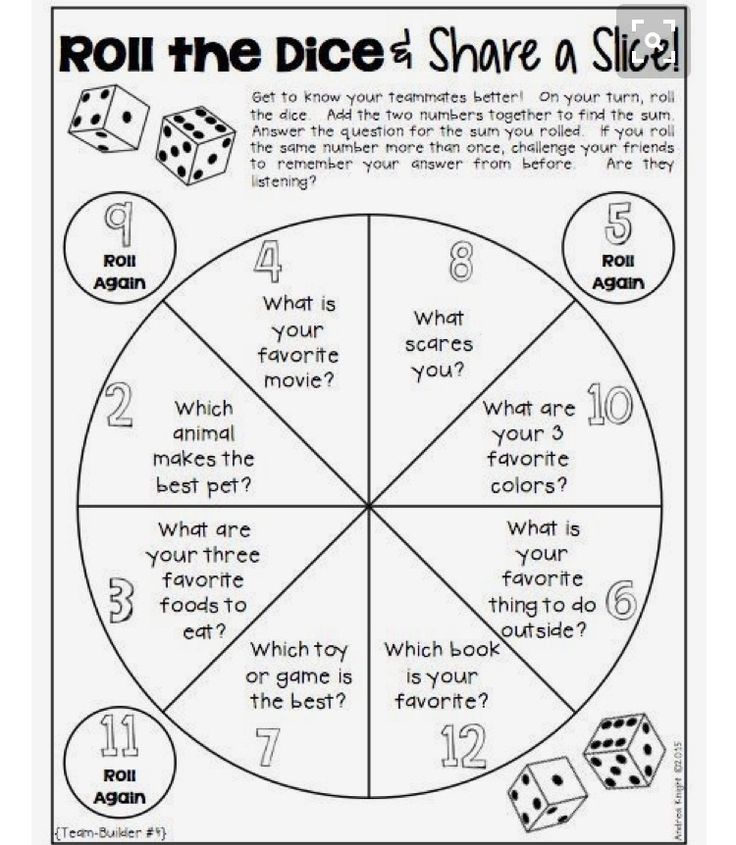 )
)
Emancipation by military enlistment. Minors can become emancipated by enlisting in the United States Armed Forces. But since military policies currently require enlistees to have a high school diploma or GED, most young people are at least 17 or 18 before they become emancipated through enlistment.
Emancipation by court permission. Some (not all) states allow emancipation by a court order. Usually, the minor must be at least 16 years old to do this—although, in California, minors as young as 14 may petition the court for emancipation. (Cal. Fam. Code § 7120.) The court will grant emancipation if it believes that doing so will serve the young person's best interest. The court will evaluate many of the following factors when deciding whether to grant emancipation:
- whether the minor can be financially self-sufficient (usually through employment, as opposed to government aid or welfare)
- whether the minor is currently living apart from parents or guardians or has made alternative living arrangements
- whether the minor is mature enough to make decisions and function as an adult, and
- whether the minor is going to school or has received a high school diploma.

Minors seeking emancipation through a court order must follow the petitioning procedures that state law sets out. Though the process varies from state to state, here's what the court procedure for filing an emancipation petition typically looks like:
Petition. The minor must fill out a petition (or an attorney can fill it out on the minor's behalf). Usually, the petition includes an explanation of why the minor is seeking emancipation, information about the minor's current living situation, and evidence that the minor is (or soon will be) financially self-sufficient.
Notification of parents. In most states, minors must notify their parents or legal guardians that they filed the petition for emancipation—or explain to the court why they do not want to do so.
Hearing. In most cases, the court schedules a hearing where the judge asks questions and hears evidence to decide whether emancipation is in the minor's best interest.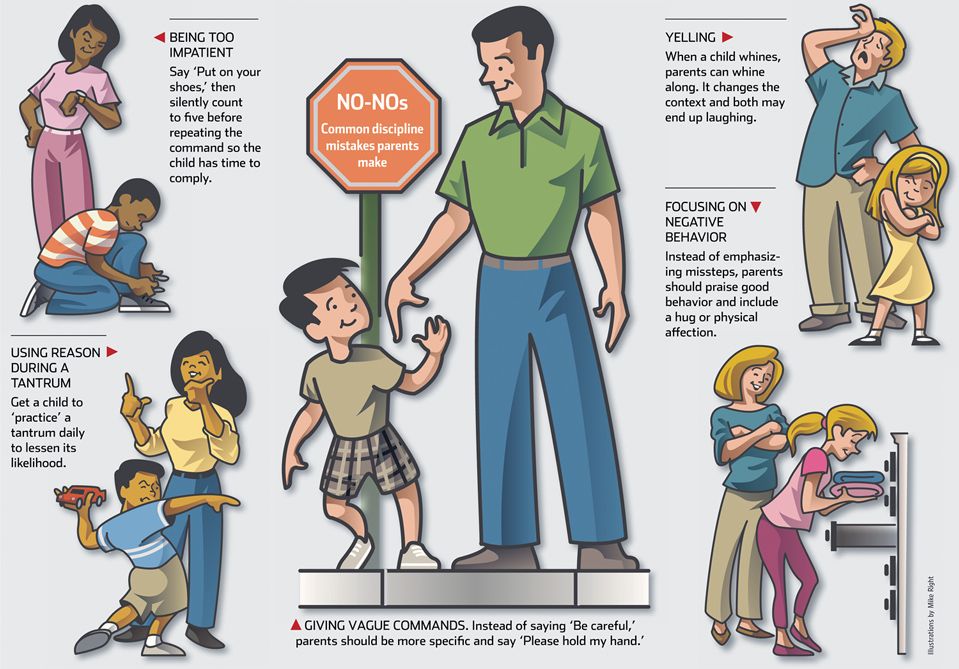
Declaration of emancipation. If the court decides that it should order emancipation, it will issue a Declaration of Emancipation. The newly emancipated minor should keep copies of the declaration and give them to schools, doctors, landlords, and anyone else that would normally require parental consent before dealing with a minor.
Alternatives to EmancipationThere are many reasons why a young person might seek emancipation. Sometimes a minor is very wealthy (a child actor, for example) and seeks emancipation for financial and tax reasons. Some young people suffer from physical or mental abuse and want to get away from a bad home environment. Other minors feel that they cannot get along with their parents or guardians. Emancipation is just one option in these situations. If emancipation isn't appropriate, minors may find the following alternatives helpful:
- getting help from the government or private agencies
- getting counseling for yourself or your family
- using a mediator to discuss and resolve differences with your parents
- living with another responsible adult, or
- living on your own with the informal consent of your parents.
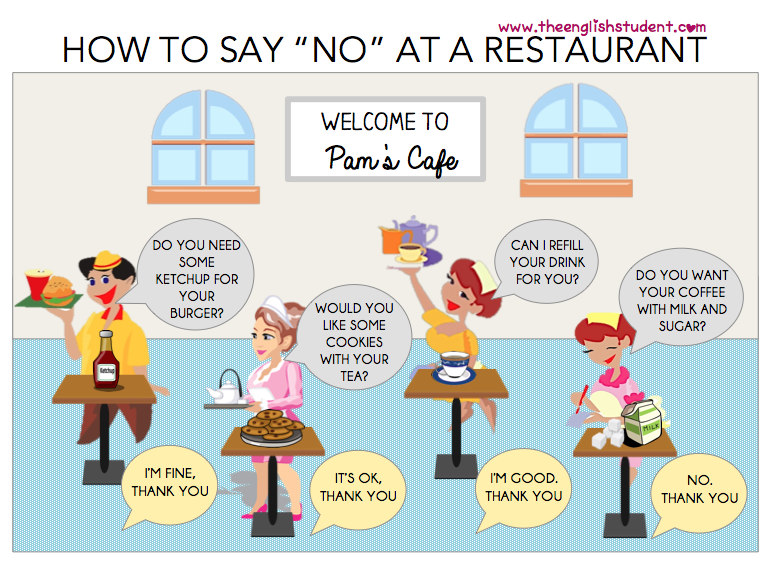
Emancipation comes with most of the responsibilities and liabilities of being an adult. If you are emancipated—or are considering emancipation—get educated about the law and how it will affect your daily life.
For more information, Nolo's Encyclopedia of Everyday Law (by the editors of Nolo) includes answers to some of the most frequently asked questions about the law.
New York Emancipation of Minor Frequently Asked Questions
- What Is Emancipation of a Minor in New York?
- What Does it Mean for a Minor to Be Emancipated?
- Until What Age Must a Parent Support a Child?
- How Old Does a Minor Have to Be, to Be Emancipated?
- Why Would a Child Want to Become Emancipated?
- I’m a Noncustodial Parent Who Pays Child Support. Do I Have to Keep Paying Child Support if My Child Becomes Emancipated?
- How Can I Become Emancipated? Do I Just Need to File Something in Court?
- What Circumstances Justify a Court Declaring a Minor to Be Emancipated in New York?
- Once Emancipated, Can a Minor Become Unemancipated in New York?
- What Is an Emancipated Minor Permitted to Do?
- How Do I Go About Getting Emancipated?
What Is Emancipation of a Minor in New York?
Emancipation is by court order. When a child is emancipated, duties of parental support end. The child
When a child is emancipated, duties of parental support end. The child
- No longer lives with the parent
- Is self-sufficient
- Is no longer under parental control
Back to Top
What Does it Mean for a Minor to Be Emancipated?
Parents are required to support their children until the children reach the age of majority. The age of majority varies from state to state, ranging from 18-21 years of age. Once they reach the age of majority, the law deems them “emancipated.” This means that the parent no longer must support the child and the child assumes many of the rights and responsibilities of an adult. Minors seek emancipation for a variety of reasons. In some instances this occurs because the child is already financially self-sufficient. In other cases a child can be declared emancipation by a court based on the child getting married or based on other circumstances.
Back to Top
Until What Age Must a Parent Support a Child?
In New York state, a parent must support their child until the child is 21 years of age or becomes emancipated.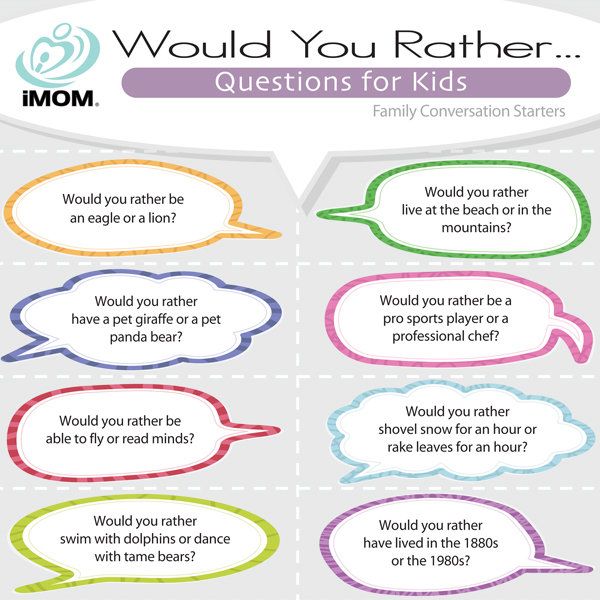
Back to Top
How Old Does a Minor Have to Be, to Be Emancipated?
A minor must be at least 16 years of age to be emancipated.
Back to Top
>Why Would a Child Want to Become Emancipated?
A child who makes a great deal of income, such as a popular entertainer, may want to protect that income from their parents. In addition to having control of their income, an emancipated child can enter into contracts and leases, file lawsuits, make their own medical decisions and make decisions for themselves such as where they go to school.
Back to Top
I’m a Noncustodial Parent Who Pays Child Support. Do I Have to Keep Paying Child Support if My Child Becomes Emancipated?
No, you no longer have to pay child support after your child is emancipated. All duties of support end.
Back to Top
How Can I Become Emancipated? Do I Just Need to File Something in Court?
New York does not have a minor emancipation statute, so the only way to become emancipated is to file a motion in conjunction with another case already in court such as a custody or a child support action. Talk with your family lawyer about how to become emancipated in the state of New York.
Talk with your family lawyer about how to become emancipated in the state of New York.
Back to Top
What Circumstances Justify a Court Declaring a Minor to Be Emancipated in New York?
A. Some of the grounds for emancipation as long as the minor is over the age of 16 include
- Military service: A minor joins the military.
- Self-supporting. A minor has a full-time job and supports themselves.
- Marriage. If a child marries before turning 21 without the permission of their parents, a court will usually find them to be emancipated unless they received parental permission to marry, which would show they are still being guided by their parents. A minor under the age of 18 must have permission to marry under New York law, which means nobody under the age of 18 can be emancipated due to marriage.
- Outside of parent’s control. A minor who does not live with their parents or submit to their guidance.
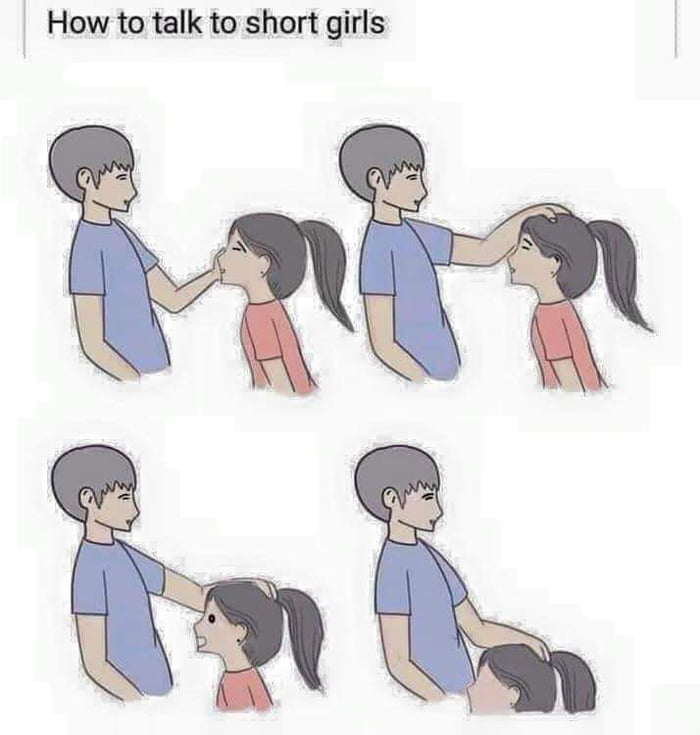 If a minor goes away to a school of which the parent approves, they are still under parental guidance versus running away from home.
If a minor goes away to a school of which the parent approves, they are still under parental guidance versus running away from home.
Back to Top
Once Emancipated, Can a Minor Become Unemancipated in New York?
Yes, if circumstances change, it is possible for emancipation to be reversed. For example, a minor could be discharged from the military before the age of 21, get divorced, no longer be able to support themselves or return home and submit to parental control after running away.
Back to Top
What Is an Emancipated Minor Permitted to Do?
While an emancipated minor is legally considered an adult, there are still restrictions on what an emancipated minor can do. While the rules vary from state to state, typically an emancipated minor can enter into legally binding contracts, sue or be sued, enroll in the school of their choice, make healthcare decisions, execute a will, and apply for a work permit and keep the earnings. An emancipated minor cannot legally buy or drink alcohol, vote or get a driver’s license before the legal age of doing so, or quit school.
An emancipated minor cannot legally buy or drink alcohol, vote or get a driver’s license before the legal age of doing so, or quit school.
Back to Top
How Do I Go About Getting Emancipated?
There are many reasons that minors seek emancipation. Some are financially independent, others have been kicked out of their parents’ home, and still others are living in unhealthy environments. While state laws vary, most provide three ways to get emancipated: by marriage, by entering the military, and by court order. A few states allow emancipation by consent of parents without requiring permission from the court.
Back to Top
full legal capacity at 16
Tamara Skokova
guardianship and guardianship specialist
Author profile
A child under 18 cannot open a bank account or buy a car without parental approval. But sometimes coming of age can be accelerated.
For adolescents who seek independence, the law provides for an emancipation procedure - early declaration of legal independence from parents.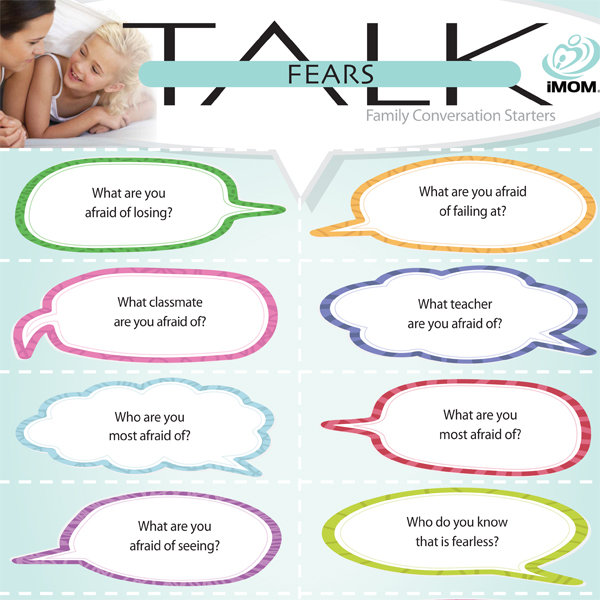 This can be done as early as 16 years old. nine0003
This can be done as early as 16 years old. nine0003
I will tell you how to declare a teenager emancipated, what are the conditions, pros and cons of obtaining early legal capacity.
What do you learn
- who and in what cases can recognize the teenager as fully capable of
- How to get full legal capacity through the guardianship authority
- How to get full legal capacity through the court
- What does emancipation for a teenager
- Plus and minuses of emancipation
How to raise children and not go broke
The best materials on how to cope with parenthood and get the most out of the state - every Tuesday in your mail. Free of charge
Who and in what cases can recognize a teenager as fully capable
As a general rule, a person is recognized as fully capable from the day following the day on which he turned 18 years old. For example, if the birthday is on Wednesday, then the age of majority will come on Thursday.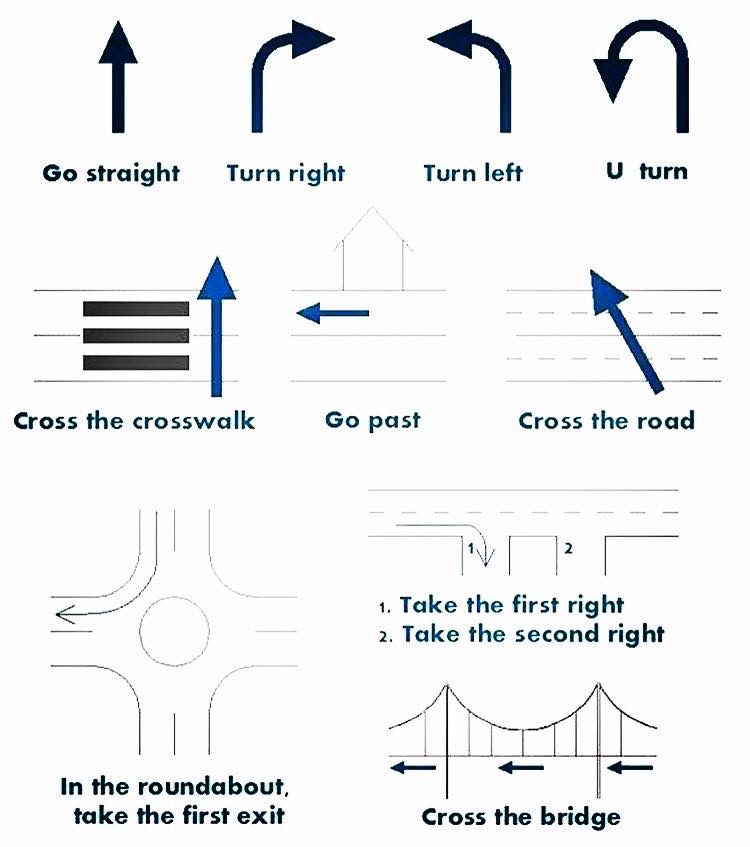 From this day on, a person has the right to independently exercise his rights and obligations. nine0003
From this day on, a person has the right to independently exercise his rights and obligations. nine0003
Up to this point, the adolescent's legal capacity is limited: without parental approval, he can only manage the money he receives, such as salary, scholarships, royalties, gifts.
paragraph 2 of Art. 26 Civil Code of the Russian Federation
From the age of 16, a teenager has the opportunity to pass exams and drive a moped, motorcycle and ATV. For everything else, written parental consent is required.
Art. 26 Federal Law "On Road Safety"
But sometimes you can get legal capacity ahead of schedule. There are two options:
- Marriage - from the date of receipt of the marriage registration certificate.
- Emancipation of a teenager who has reached the age of 16 and has gained financial independence. A child can be declared emancipated either by a territorial guardianship body with the consent of both parents, or in a disputable situation - by a court of general jurisdiction.

Let's take a closer look at both options.
Marriage. According to the civil code, a teenager under the age of 18 acquires legal capacity in full from the date of receipt of a marriage certificate. And does not lose it even in the event of a divorce. nine0003
item 2 art. 21 of the Civil Code of the Russian Federation
But there is a nuance: marriage before the age of majority is possible only if there are good reasons and with the consent of local governments. Valid reasons may be, for example, pregnancy, the birth of a child in adolescents, and others.
paragraph 2 of Art. 13 SK RF
If the administration refuses to lower the marriageable age, you can appeal its decision in court. You also need to take into account that the procedure and conditions for early marriage may depend on the region. For example, in the Murmansk region, you can get married from the age of 15, and in the Moscow region - from 14.
Emancipation. The procedure is available only to adolescents who have gained financial independence from their parents: they work under an employment contract or are engaged in entrepreneurial activities.
The procedure is available only to adolescents who have gained financial independence from their parents: they work under an employment contract or are engaged in entrepreneurial activities.
paragraph 1 of Art. 27 of the Civil Code of the Russian Federation
Therefore, two conditions must be met:
- Reach the age of 16 years.
- Conclude an agreement with an employer or obtain the status of an individual entrepreneur.
Other financial sources of a teenager are not taken into account, for example, income from securities, bank deposits. It turns out that we are not talking about the actual income of a teenager, but about recognizing him the possibility of labor or entrepreneurial activity with a constant income. Therefore, if an emancipated teenager quits or stops registering an individual entrepreneur, his emancipation will not be canceled.
In contrast to the marriage of a teenager, where the acquisition of full legal capacity by him occurs automatically, emancipation requires an "announcement". This is done by the decision of the guardianship authority or by the court - in case of disagreement of the parents or refusal of the guardianship authority. nine0003
This is done by the decision of the guardianship authority or by the court - in case of disagreement of the parents or refusal of the guardianship authority. nine0003
/list/early-marriage/
5 reasons why teenagers can get married
How to get full legal capacity through the guardianship authority
A teenager who has reached the age of 16 can apply to the guardianship authority at the place of registration and attach to application:
- Birth certificate.
- Passport.
- Passports of their legal representatives - that is, parents or guardians.
- Written consent of legal representatives in free form. nine0018
- Documents confirming labor activity: an agreement with an employer or an entry sheet in the USRIP on registration of an individual entrepreneur.
What to do? 06/26/19
I am 16 years old and I want to move out from my parents
The application will be considered within a maximum of 15 working days. If all is well, the teenager will be declared fully capable.
If all is well, the teenager will be declared fully capable.
Each region has its own administrative regulations, and documents for emancipation should be submitted taking it into account: for example, in some regions you can apply for emancipation at the MFC, and in others - only at the guardianship authority.
You can find the addresses and phone numbers of guardianship authorities on the official website of the region. So, for Moscow it is "Mos-ru", and for St. Petersburg - "Portal of public services of St. Petersburg".
How to get full legal capacity through the court
If one of the legal representatives of a teenager does not agree or the guardianship authority does not recognize emancipation, the teenager has the right to obtain status in the district court at the place of residence.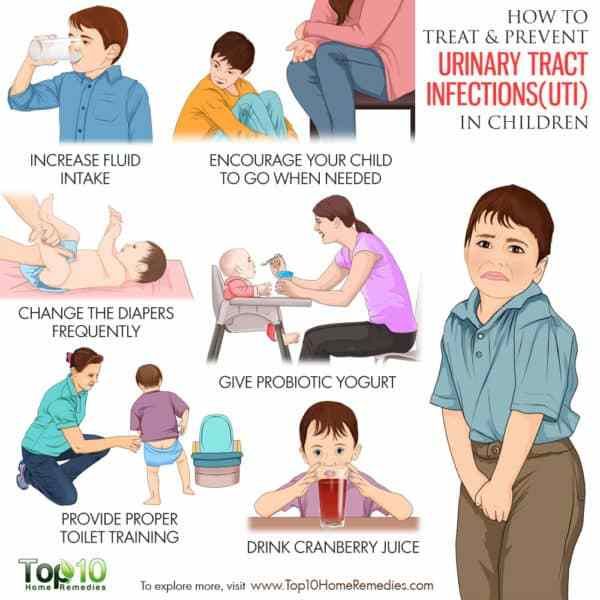 nine0003
nine0003
To do this, he must apply to the court to recognize him as fully capable. It is not difficult to determine the right court: most likely, it bears the name of the registration area indicated in the passport. You can check whether your address is within the jurisdiction of the court on its website in the "Territorial Jurisdiction" section.
/kak-podat-v-sud/
How to file a lawsuit in court
The following must be indicated in the application to the court: income and the like. nine0018
The application is considered at a court session with the obligatory participation of the applicant himself, at least one legal representative, a representative of the guardianship and guardianship authority, and a prosecutor.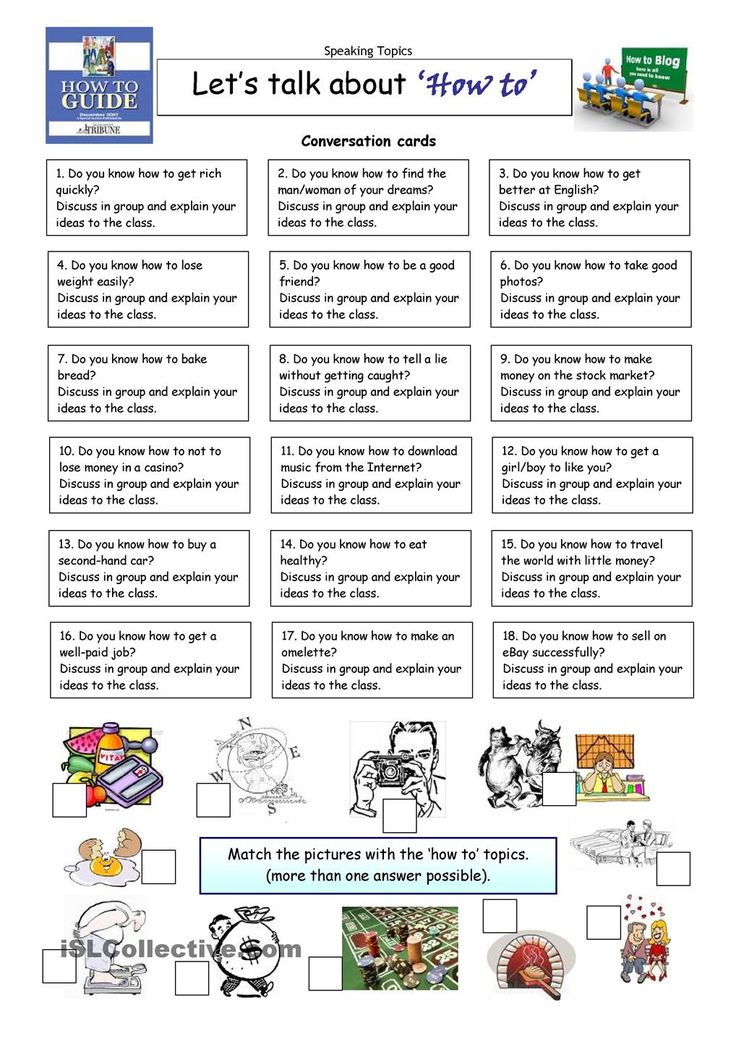 If the legal representative fails to appear, he is obliged to notify the court of the reasons for the non-appearance and present evidence of the validity of these reasons. If the failure to appear is due to the fact that the representative was not properly notified, the trial is postponed. nine0003
If the legal representative fails to appear, he is obliged to notify the court of the reasons for the non-appearance and present evidence of the validity of these reasons. If the failure to appear is due to the fact that the representative was not properly notified, the trial is postponed. nine0003
Art. 288 Code of Civil Procedure of the Russian Federation
As a result, the court either satisfies the application of the minor or refuses. The latter is possible, for example, if the court doubts the financial independence of a teenager.
Here is an example of a court decision that found a teenager to have full legal capacity despite his father's opposition. The latter believed that his son was still too young in his development and did not give an account of his actions. And he wants to emancipate himself in order to sell the share in the apartment registered to him without the consent of his father. nine0003
In addition to the employment contract, the court of first instance drew attention to the characteristic from the school that the teenager brought: teachers noted that in his actions he is always guided by the interests of the good of the cause, and not by his own benefit, speaks the truth, actively fights against what he considers unfair, enjoys prestige among classmates. This allowed the court to conclude that the father’s doubts about the immaturity of his son are unfounded and the boy has no obstacles to gain legal capacity. nine0003
This allowed the court to conclude that the father’s doubts about the immaturity of his son are unfounded and the boy has no obstacles to gain legal capacity. nine0003
What emancipation means for a teenager
An emancipated teenager and a person who is married before the age of 18 receive the same rights and obligations. Here are the main ones:
- the right to engage in entrepreneurial activities without parental consent;
- the right to independently defend one's rights and legitimate interests in court;
- the right to independently dispose of real estate;
- liability for his obligations with property belonging to him; nine0018
- parents or guardians are no longer liable for his obligations, in particular those arising from harm caused to them.
Emancipated adolescents become full-fledged participants only in civil legal relations. Other age restrictions and qualifications - electoral and administrative - are not cancelled.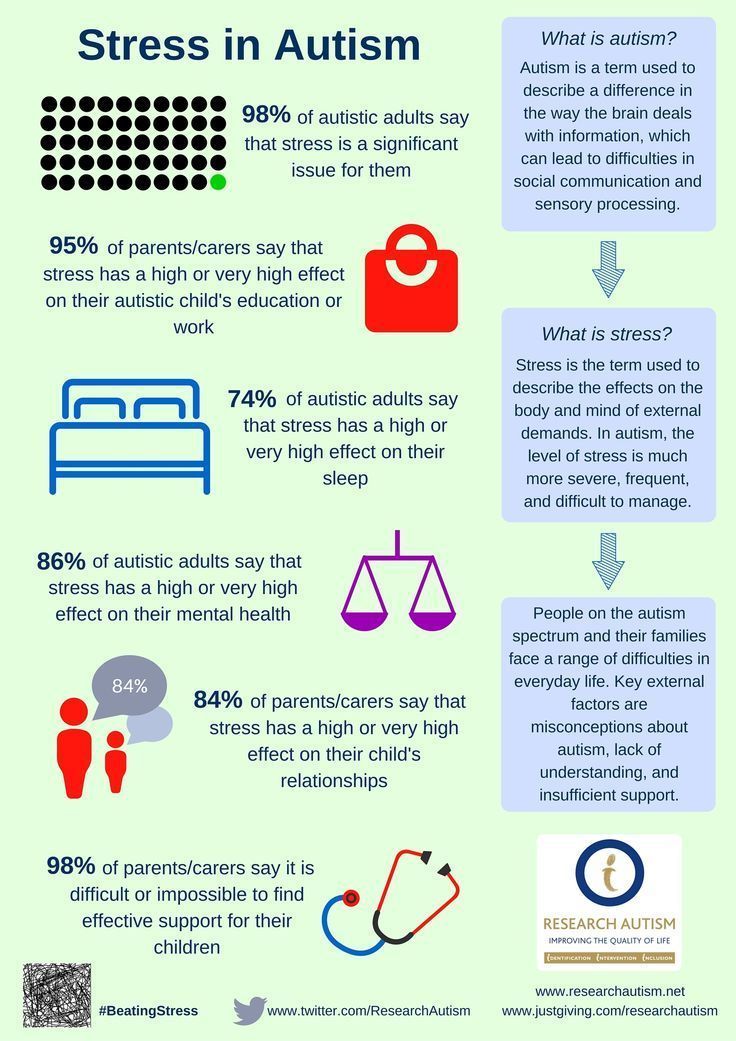 That is, such a teenager will not be able, for example, to vote in elections or buy alcohol and cigarettes. Also, he can be drafted into the army only from the age of 18. nine0003
That is, such a teenager will not be able, for example, to vote in elections or buy alcohol and cigarettes. Also, he can be drafted into the army only from the age of 18. nine0003
sign. 11 p. 2 art. 16 of the Federal Law on the regulation of the production and circulation of alcohol
paragraph 1 of Art. 22 of the Federal Law on military duty and military service
Here is another thing that a teenager under 18 has no right to do:
- drive a car;
- acquire self-defense weapons, as well as sporting, hunting, signal weapons and edged weapons;
- be a guardian or custodian, adopt a child.
Rights and guarantees in the field of labor protection do not change after emancipation. According to labor legislation, a sparing regime is applied to a teenager: he cannot work in hazardous and dangerous industries, business trips and overtime are unacceptable, and his working week must be reduced - a maximum of 35 hours. nine0003
nine0003
Art. 92, 265, 268 of the Labor Code of the Russian Federation
Even minors are given extended paid leave - 31 calendar days. From the age of 18, it is reduced to 28 days.
Pluses and minuses of emancipation
The plus of emancipation, in addition to the expansion of civil rights, is in the formation of legal consciousness: a teenager learns to be accountable for his actions and to bear responsibility.
Of the minuses, it can be noted:
- a minor is still a child who will not always be objective and firm in his decisions. Until he gets enough life experience, he can act impulsively. And his indiscretion in the field of entrepreneurship can lead to financial losses; nine0018
- Parents or guardians are involved in the process. Some parents push their children to emancipation for selfish reasons in order to stop supporting them. Others, on the contrary, do not give consent, because, for example, they are afraid that the teenager will sell the property registered to him;
- becoming emancipated, an adolescent loses his former rights and acquires new ones.
 For example, a minor under 18 is entitled to receive alimony from his parents, an emancipated teenager is not. Moreover, he is now obliged to pay alimony to disabled parents. nine0018
For example, a minor under 18 is entitled to receive alimony from his parents, an emancipated teenager is not. Moreover, he is now obliged to pay alimony to disabled parents. nine0018
/prava/prava-deti/
Rights of children under 18
What is the result
- Emancipation is the recognition of a teenager from 16 to 18 years of age as fully capable. To do this, he must be financially independent - work under an employment contract or engage in entrepreneurial activities with the consent of his parents.
- There is another way to get the rights of an adult under 18 years old - to marry. Moreover, depending on the region of the country and circumstances, the status can be obtained after 14 years. nine0018
- Some emancipation age limits remain: such a teenager under 18 still cannot, for example, drive a car, vote or buy alcohol.
- An emancipated adolescent is fully and independently responsible for his obligations, including for harm caused to him.
 Legal representatives are no longer responsible for this, even if the teenager does not have money to compensate for the damage.
Legal representatives are no longer responsible for this, even if the teenager does not have money to compensate for the damage. - An emancipated teenager no longer receives alimony and must also support disabled parents. nine0018
- Emancipation is an irrevocable act and cannot be undone.
Materials that will help parents save their budget and sanity are in our telegram channel @t_dety.
How to write an article about your parenting experience, we tell in our manual: read it and become our author.
How to get legal independence from parents - an expert tells
Loudspeakers
Speakers
Ekaterina Grigorieva
Specialist in civil law, labor, corporate and PIL issues
Anna Melikyan
You become an entrepreneur in order to be independent and do your own thing. But what kind of independence can there be when you are not yet 18 and your parents are responsible for you? It can be difficult for an entrepreneur without freedom of action, because you cannot do business with you directly, without the involvement of your parents or guardians (Article 26 of the Civil Code of the Russian Federation), you will not be able to register your company yourself either. One way out is to go through the process of emancipation. How to do this, tells a legal expert. nine0003
But what kind of independence can there be when you are not yet 18 and your parents are responsible for you? It can be difficult for an entrepreneur without freedom of action, because you cannot do business with you directly, without the involvement of your parents or guardians (Article 26 of the Civil Code of the Russian Federation), you will not be able to register your company yourself either. One way out is to go through the process of emancipation. How to do this, tells a legal expert. nine0003
Anna Melikyan
Why emancipate
The meaning of emancipation is the early acquisition of full legal capacity, so that the minor does not need to receive consent from his parents / adoptive parents / guardian each time to engage in entrepreneurial activity. A capable citizen is a person who can understand the meaning of his actions or manage them, that is, he is aware of the legal consequences.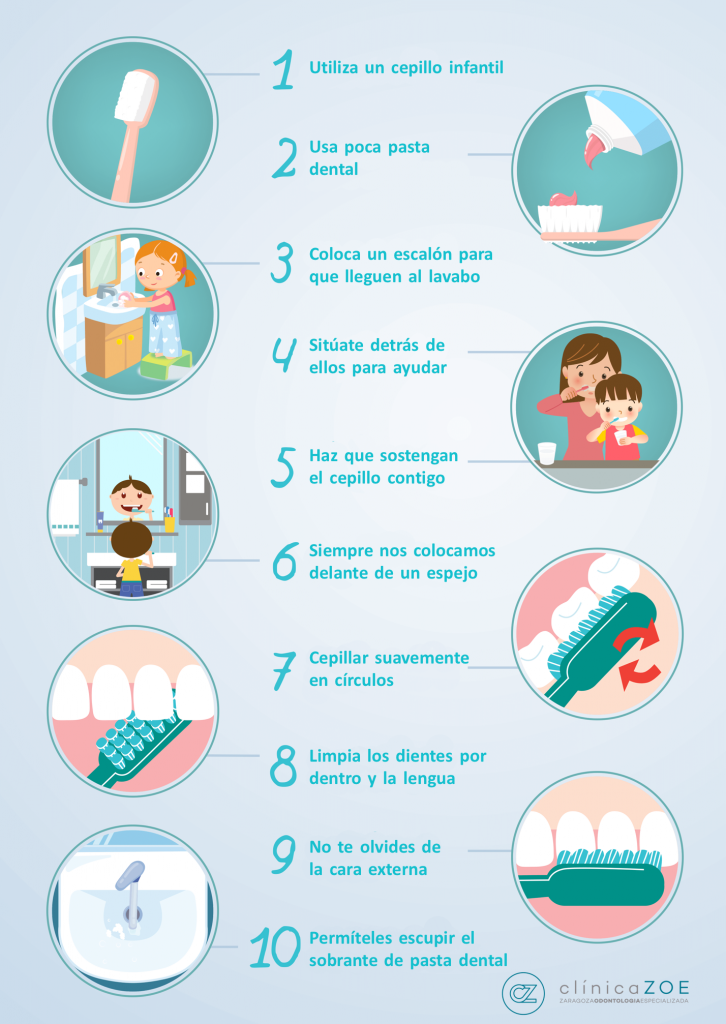 nine0003
nine0003
According to Art. 27 of the Civil Code of the Russian Federation, a minor who has reached the age of 16 may be declared fully capable:
- If he works under an employment contract, including under a contract;
- With the consent of the parents, adoptive parents or guardian is engaged in entrepreneurial activities.
The guardianship and guardianship authority can recognize a minor as fully capable by its decision - with the consent of both parents / adoptive parents / guardian. In the absence of such consent, the issue is resolved through the court. nine0003
It is important to understand that such a decision, if it was made legally, is irrevocable! Parents, adoptive parents and guardian are not liable for the obligations of an emancipated minor (clause 2, article 27 of the Civil Code of the Russian Federation).
How to emancipate
The administrative regulations for the provision of public services for declaring a minor fully capable (emancipation), which is applied by the guardianship and guardianship authorities, are adopted in each region, therefore, when preparing documents, you must be guided by the act of your region.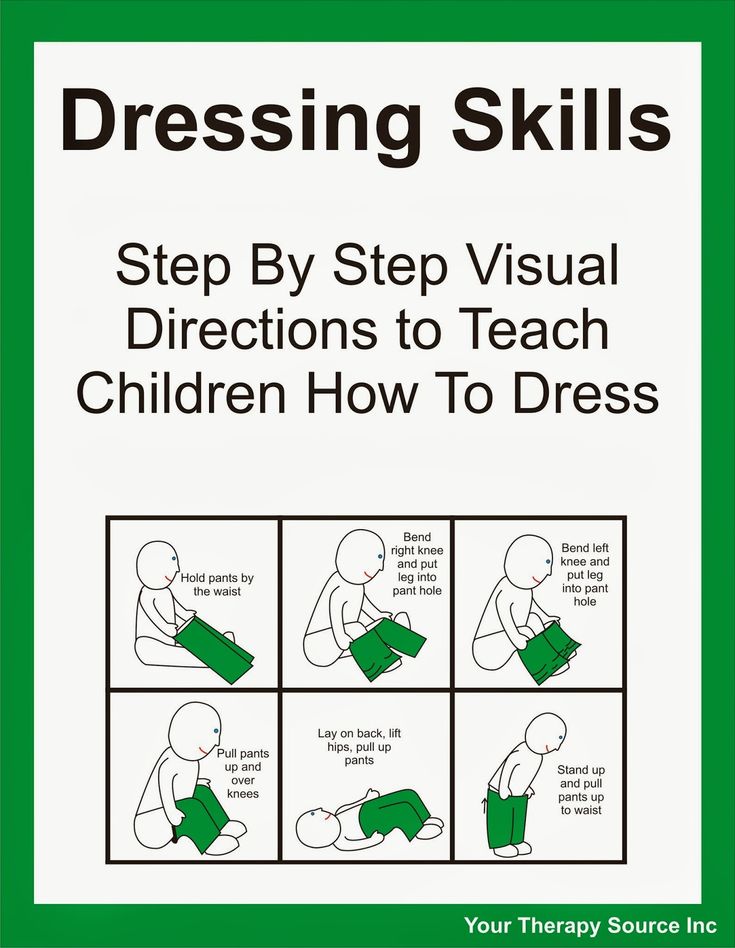 nine0003
nine0003
For example, in Moscow, all information is presented in detail on the website of the Mayor of Moscow.
In order to become emancipated, you first need to prepare the following documents:
| Document | Form, return |
| Birth certificate of a minor | Original Provided only for viewing (copying) at the beginning of the service |
| Passport of a minor nine0276 | Original Provided only for viewing (copying) at the beginning of the service |
| Passports of the legal representatives of the minor | Originals Provided only for viewing (copying) at the beginning of the service |
| Request (application) for the provision of public services | Original Provided without refund |
| Written consent of the legal representatives of the minor nine0276 | Original Provided without refund |
| Documents confirming labor activity | Originals Provided without refund |
Documents are submitted to the district department of social protection of the population at the place of residence. The term for the provision of the service is 15 working days.
The term for the provision of the service is 15 working days.
As a result you will get:
- Announcement on the recognition of a minor as fully capable
OR
- Refusal to recognize a minor as fully capable.
What to do if you were denied emancipation
There are two reasons for refusal:
- You provided incorrectly executed or invalid documents, if these circumstances were established in the process of reviewing the documents.
- The provision of a public service is not in the interests of a minor.
If your parent/adoptive parent/custodian does not give their consent to emancipation or you were refused, then there is an opportunity to apply to the court of general jurisdiction at the place of residence:
You write an application ⇛ attach a document confirming your work activity, and a written refusal of the parent / adoptive parent / guardian, or guardianship and guardianship authority ⇛ participate in the court session ⇛ the court makes a decision.
State bodies approach the emancipation procedure not only formally. Since the main goal is to protect the interests of a minor, many factors are taken into account: stability of activity, level of earnings, availability of property, state of health. nine0003
Once you receive confirmation that you are fully capable, you become a fully independent figure from a legal point of view and receive all the rights and obligations of a fully capable citizen of the Russian Federation, without restrictions, for example, you can be a defendant in court, get a driver's license or adopt a child.
Materials on the topic:
Rusbase Young is looking for authors for the youth editorial office
"Conclude an agreement - and only then start working." Advice from a corporate lawyer
How to sign a lease as an entrepreneur
Cover photo: Unsplashed
- Career
- Children
- Parents
- Teenagers
- YAuthor
- RB Young nine0018
Found a typo? Select the text and press Ctrl + Enter
Related materials
- 1 How can I get on the budget? I'm not a prodigy!" — and other fears of graduates
- 2 “Unified State Examination can be taken for three years”: how college students prepare for exams nine0018
- 3 I lived and studied in the USA for a year - how it changed me
- four Flexible schedule and nothing more: why transfer to distance learning in grade 11 nine0018
- five “On the way back, I accidentally hit a pole and didn’t even feel pain.
